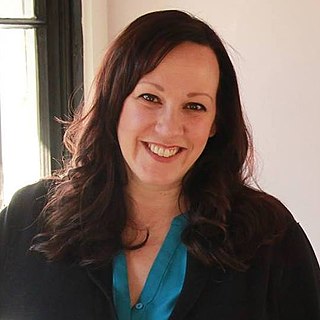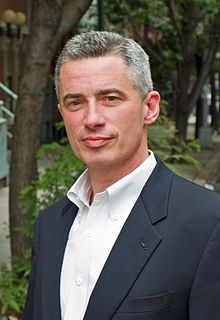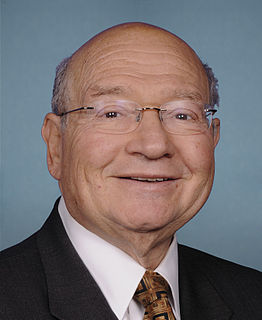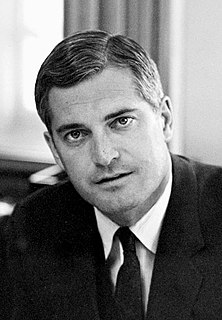A Quote by David
A key difference between a dialogue and an ordinary discussion is that, within the latter people usually hold relatively fixed positions and argue in favor of their views as they try to convince others to change. At best this may produce agreement or compromise, but it does not give rise to anything creative.
Related Quotes
I also knew that if people have a position on something and you try to argue them into changing it, you’re going to strengthen that position. If you want to change people’s ideas, you shouldn’t try to convince them intellectually. What you need to do is get them into a situation where they’ll have to act on ideas not argue about them.
The true Enlightenment thinker, the true rationalist, never wants to talk anyone into anything. No, he does not even want to convince; all the time he is aware that he may be wrong. Above all, he values the intellectual independence of others too highly to want to convince them in important matters. He would much rather invite contradiction, preferably in the form of rational and disciplined criticism. He seeks not to convince but to arouse - to challenge others to form free opinions.
The difference between the best worker on computer hardware and the average may be 2 to 1, if you're lucky. With automobiles, maybe 2 to 1. But in software, it's at least 25 to 1. The difference between the average programmer and a great one is at least that. The secret of my success is that we have gone to exceptional lengths to hire the best people in the world. And when you're in a field where the dynamic range is 25 to 1, boy, does it pay off.
The difference between a good educator and a great educator is that the former figures out how to work within the constraints of traditional policies and accepted assumptions, whereas the latter figures out how to change whatever gets in the way of doing right by kids. 'But we've always...', 'But the parents will never...', 'But we can't be the only school in the area to...' - all such protestations are unpersuasive to great educators. If research and common sense argue for doing things differently, then the question isn't whether to change course but how to make it happen.
You can compromise between good, better, and best, and you can compromise between bad and worse and terrible. But you can’t compromise between good and evil. And now people look at the other side as a completely different kind of animal and say, “They are taking the country down the road to purgatory.” It’s complete intolerance.
You can compromise between good, better, and best, and you can compromise between bad and worse and terrible. But you can't compromise between good and evil. And now people look at the other side as a completely different kind of animal and say, 'They are taking the country down the road to purgatory.' It's complete intolerance.
The version of cosmopolitanism that I favor is exactly about balancing universality and difference. Many people who believe rightly in universality, want, wrongly, I think, to impose their vision of the world on others. They think not just that there are universal truths but that they already know what they are. And they don't think they have anything to learn, as a result, from others. They don't converse, they try to convert.
One major difference between Mormons and evangelicals on the subject of revelation is that Latter-day Saints believe that God has appointed modern-day prophets and apostles to receive revelation for Christ's church. All church members may receive revelation appropriate for their particular callings or positions within the church and their families, but never in contradiction to church doctrine or policy. So Mormonism has both a democratic practice of revelation that would resonate with evangelicals, but also an institutional understanding of revelation foreign to evangelicalism.






































